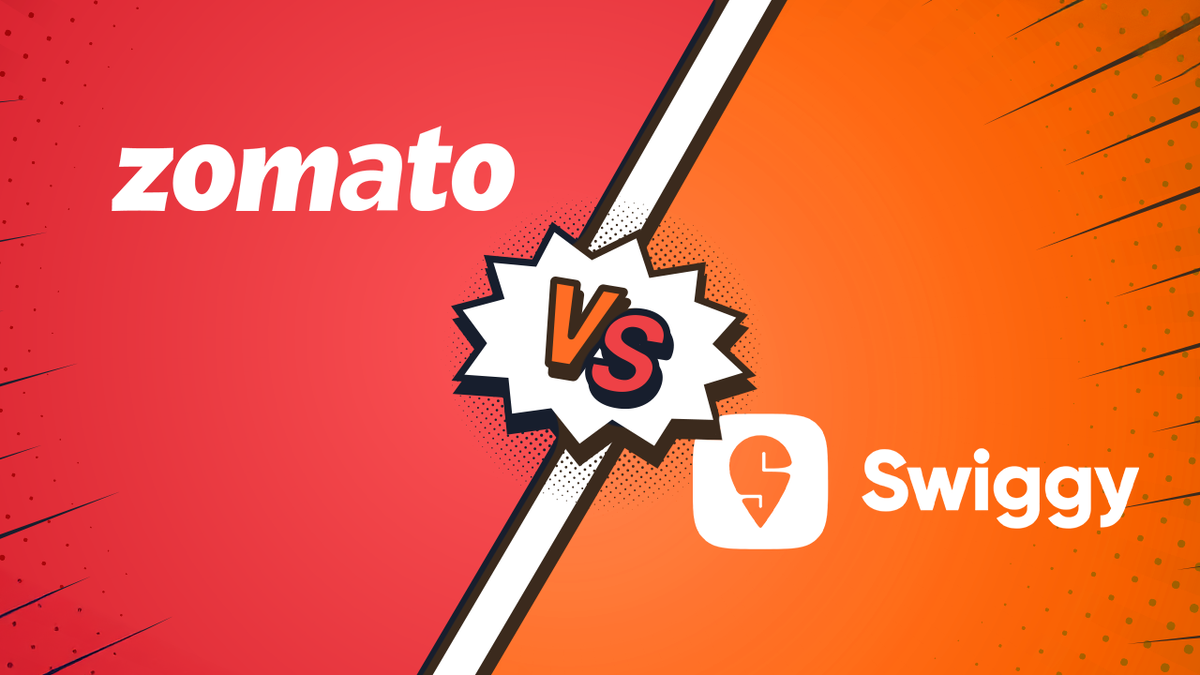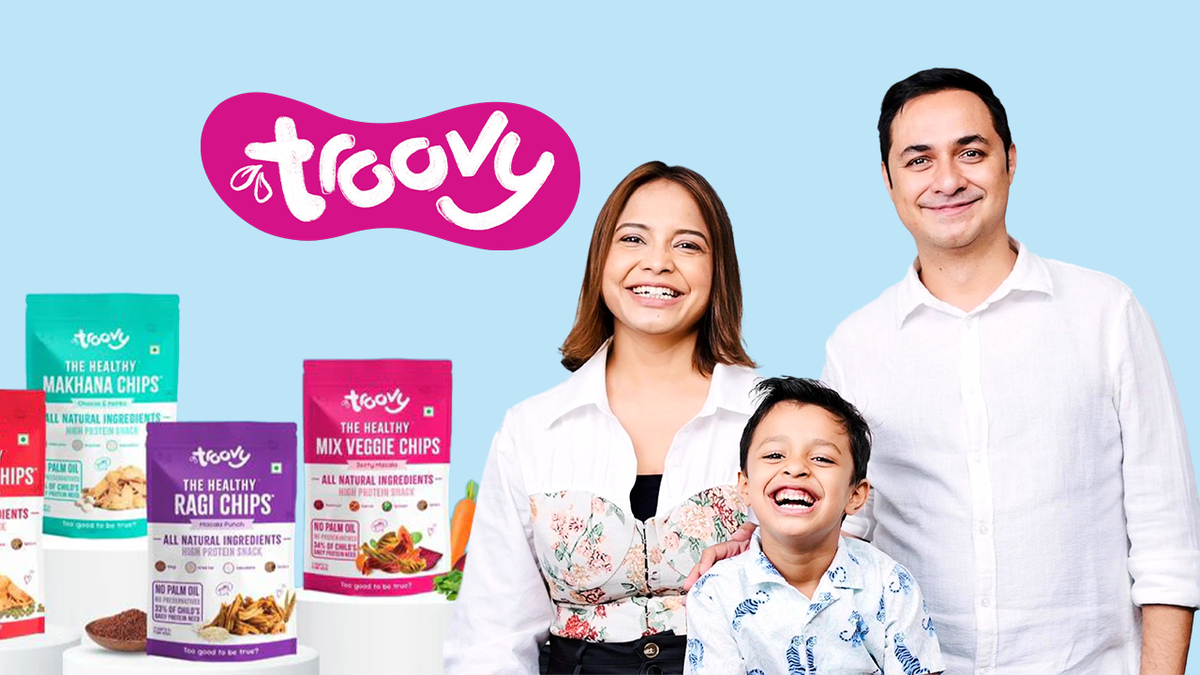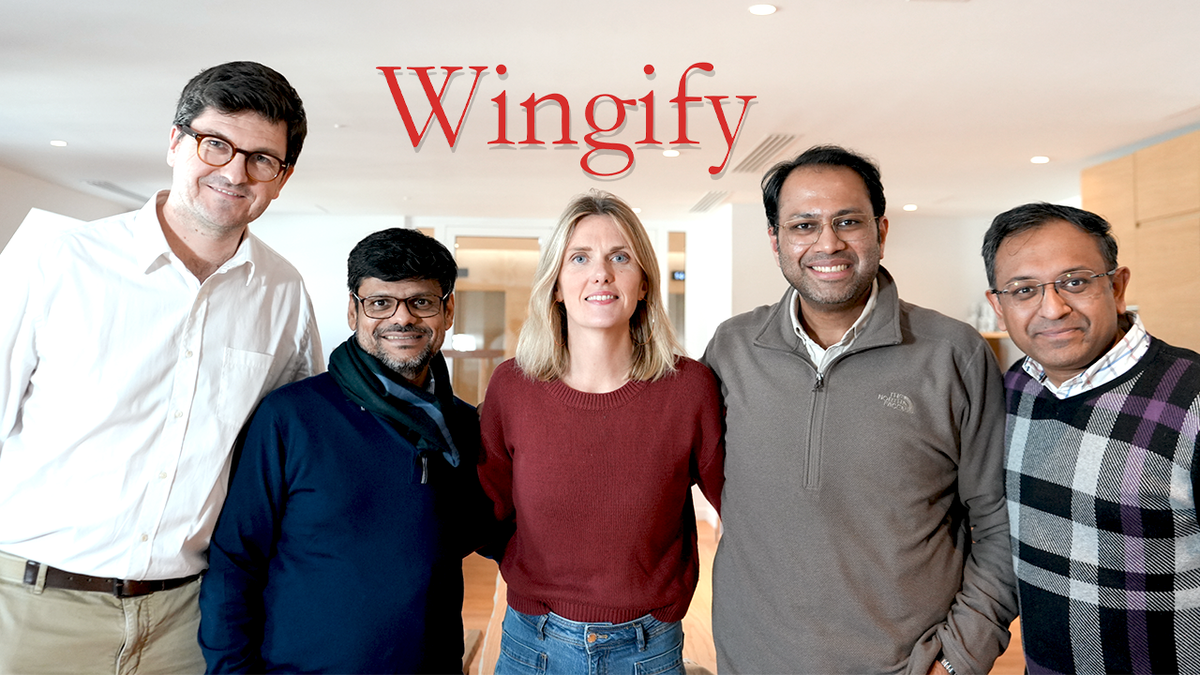“`html
Highlights
Foodtech Leader Zomato Ends 15-Minute Delivery Pilot
Foodtech leader Zomato has discontinued its 15-minute food delivery trial known as Quick, just four months after it commenced operations. This decision was confirmed during the company’s Q4 earnings report, where founder and CEO Deepinder Goyal highlighted operational difficulties, mentioning that the existing restaurant density and kitchen infrastructure are not capable of supporting 10-minute deliveries, which resulted in an inconsistent customer experience.
This closure occurs while competitor Swiggy enhances its focus on ultra-fast delivery. Swiggy’s 10-minute food delivery service, Bolt, which was introduced in October 2024, has grown to cover over 500 cities, including both metropolitan areas and tier II and III markets. Swiggy asserts that Bolt now accounts for more than 10% of its overall food delivery orders, backed by a network of over 45,000 restaurant partners.
Swiggy’s Rapid Expansion in Ultra-Fast Delivery
The Swiggy Instamart service initially did not prioritise 10-minute deliveries but later improved its turnaround times to compete with companies like Blinkit and Zepto. An analyst focusing on the online ordering market, who wished to remain anonymous, stated that this time, Swiggy is keen to avoid delays in the ultra-fast food delivery sector and is determined to maintain its edge by expanding to over 500 cities.
Zomato’s Strategic Refocus
Zomato’s founder, Goyal, pointed out that Quick was merely a short-term trial and did not create any additional demand. On the other hand, Rohit Kapoor, CEO of Swiggy Food Marketplace, expressed that its growth to over 500 cities marks the beginning of a wider rollout.
Zomato is evidently redirecting its efforts towards fortifying its core services and improving unit economics, particularly after its Blinkit division experienced a rise in EBITDA loss to Rs 178 crore in Q4 FY25, compared to Rs 103 crore in Q4 FY24. Nonetheless, the subsidiary recorded a significant revenue increase of 122% in the last quarter of FY25. Overall, Zomato’s group profit fell by 78%, while operational revenue soared by 64% during the same timeframe.
Continuing In Fast Food Delivery Through Bistro
Despite the discontinuation of Quick, Zomato plans to remain in the fast food delivery market via Blinkit’s Bistro—an independent platform aimed at delivering snacks, puffs, and baked goods. The aforementioned analyst remarked that Zomato would not have terminated Quick if Bistro were not in place, affirming there is a robust and growing demand for 10–15-minute food deliveries in metro and larger urban areas. Zomato is acknowledging this demand and retains its involvement through Bistro.
The closure of Quick appears to have been inevitable, considering both the overlap with Blinkit and the increasing pressure on Zomato’s bottom line. It seems overly simplistic to attribute this to challenges in restaurant density or food infrastructure, areas Zomato is expected to understand well.
At times, Zomato’s decisions suggest the need for the company to consistently innovate to engage its employees. However, this approach does not yield the desired results. It is crucial to establish a separate sandbox for experiments, yet to satisfy investors looking for real operational profits, Zomato must refine more conventional, repetitive processes. Delaying this could diminish the company’s impressive valuations sooner rather than later.
“`






